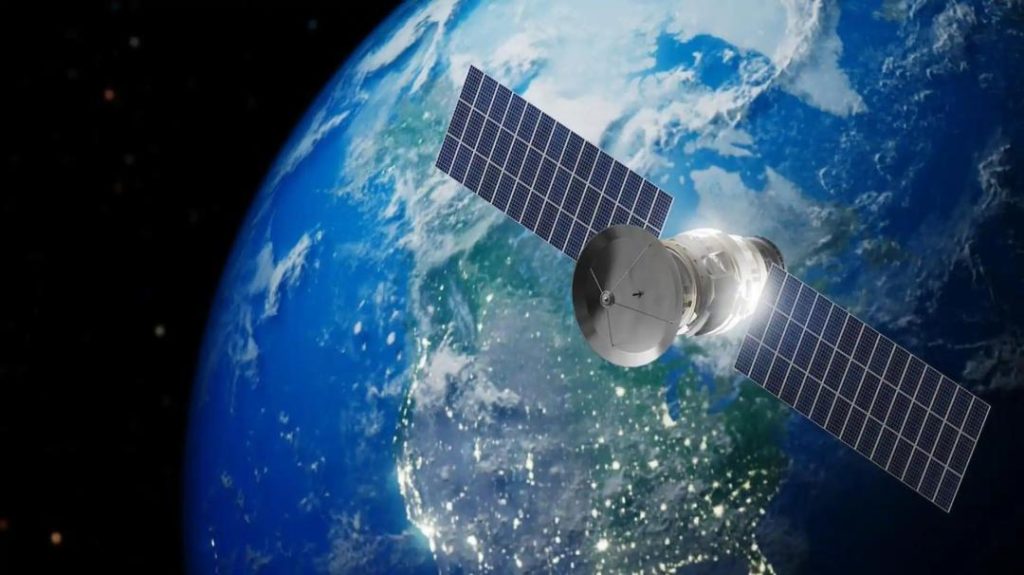
What are Space Pirates & How Can Satellites be Secured from Them?
In a not-so-distant future, space pirates may become a real threat to our global communication network. Space pirates are individuals or groups that attempt to attack man-made satellites, either virtually or physically, using various methods. As the number of satellites in orbit continues to grow, the potential for theft, vandalism, and even sabotage increases. In this blog post, we’ll delve into the world of space pirates, explore the risks they pose, and discuss ways to secure satellites from their attacks.
What is Space Piracy?
Space piracy is a relatively new concept that involves the unauthorized use of satellites for personal gain. This can include stealing valuable data, disrupting communication networks, or even holding satellites for ransom. Space pirates may use a variety of methods to attack satellites, including hacking, jamming, or even physically destroying them. The most vulnerable satellites are those that are in low Earth orbit (LEO), as they are easier to reach and can be attacked with smaller and less expensive technology.
Risks of Space Piracy
The risks associated with space piracy are significant and far-reaching. If left unchecked, space pirates could:
- Disrupt Global Communication Networks: Satellites play a critical role in our global communication network, providing connectivity and data transmission services. If a satellite is attacked, it could lead to a loss of communication services, causing disruption to daily life and potentially even putting lives at risk.
- Steal Valuable Data: Satellites are often used to collect sensitive data, such as financial information, military intelligence, or even personal data. If a satellite is hacked, this data could be stolen and used for malicious purposes.
- Cause Economic Loss: The loss of a satellite or disruption to satellite services could result in significant economic losses, particularly for industries that rely heavily on satellite technology, such as navigation, weather forecasting, and telecommunications.
- Threaten National Security: Space pirates could also pose a threat to national security, particularly if they are able to steal or destroy sensitive military or government data.
Securing Satellites from Space Pirates
To mitigate the risks associated with space piracy, countries and companies owning satellites must build multi-layered security systems incorporating ground-to-space operations. This includes:
- Encrypting Data: Sensitive data should be encrypted to prevent unauthorized access.
- Implementing Firewalls: Firewalls can help prevent hacking attempts and detect suspicious activity.
- Conducting Regular Updates: Regular software updates and security patches can help prevent vulnerabilities from being exploited.
- Implementing Physical Security Measures: Satellites should be designed with physical security measures, such as shielding and encryption, to prevent physical attacks.
- Establishing Rapid Response Capabilities: Countries and companies should establish rapid response capabilities to quickly respond to physical attacks on satellites.
According to experts, methods of quick space travel must be devised to ensure rapid response to physical acts of piracy. This could involve developing new technologies, such as advanced propulsion systems or space-based lasers, to quickly respond to satellite attacks.
Conclusion
Space piracy is a growing concern that poses significant risks to our global communication network, economic stability, and national security. To mitigate these risks, countries and companies owning satellites must build multi-layered security systems incorporating ground-to-space operations. By encrypting data, implementing firewalls, conducting regular updates, and establishing rapid response capabilities, we can secure satellites from the threats of space piracy.
Source:






